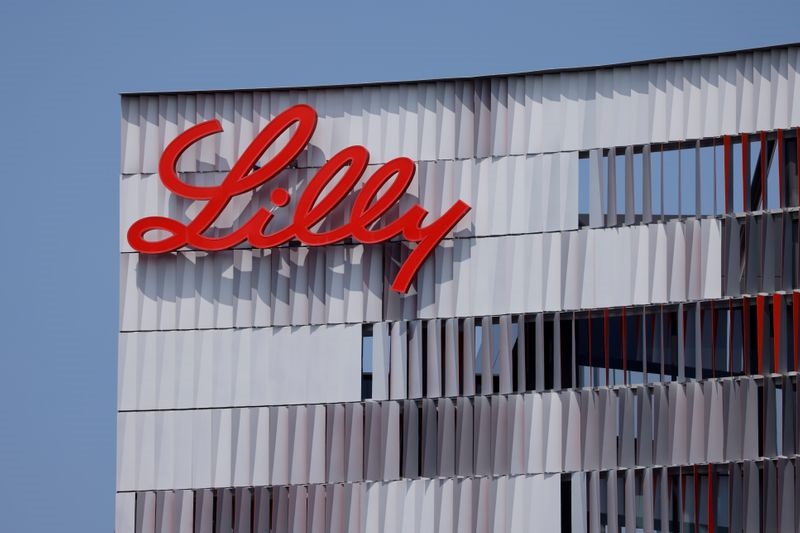Shares of Eli Lilly & Co. (NYSE:LLY) and Novo Nordisk (NYSE:NVO), early leaders in the weight-loss drug market, fell on Thursday following updates from competitors Viking Therapeutics and Roche. Eli Lilly saw a 3% drop, while Novo Nordisk's shares fell by 1.7%.
Late Wednesday, Viking Therapeutics announced plans to advance its weight-loss shot into a late-stage trial and explore a monthly dosing option. This development comes as Roche also revealed during its earnings update that it intends to accelerate the development of its obesity drug.
Last week, Roche shared promising results from its experimental weight-loss pill, contributing to a slump in Lilly's shares.
Roche's recent acquisition of Carmot Therapeutics is starting to show positive results, with early-stage trials of new weight-loss drugs yielding encouraging outcomes.
This strategic acquisition is aimed at enhancing Roche's competitive position against industry leaders like Eli Lilly and Pfizer.
Participants in a phase 1 trial of Carmot's oral GLP-1 candidate, CT-996, experienced significant weight loss, underscoring the drug's potential efficacy.
Roche's acquisition included a portfolio of GLP-1-based treatments, such as once-weekly and once-daily injectables, and the oral small molecule CT-996. Earlier this year, Roche released phase 1 data for its once-weekly injectable GLP-1/GIP agonist (CT-388), with the oral candidate CT-996 now showing strong potential.
In a recent note to clients, analysts at UBS said the GLP-1 obesity market will grow to approximately $90 billion by 2029, driven by significant expansion in obesity treatments.
In a research note, the bank told investors that the combined GLP-1 market for obesity and diabetes will hit $150 billion by 2029, reflecting a 33% compound annual growth rate from 2023 to 2029.
Analysts believe the key factor driving the market is the growth in obesity treatment, with an anticipated 28 million GLP-1 patients representing 9% penetration of non-type 2 diabetic obese and overweight patients.
